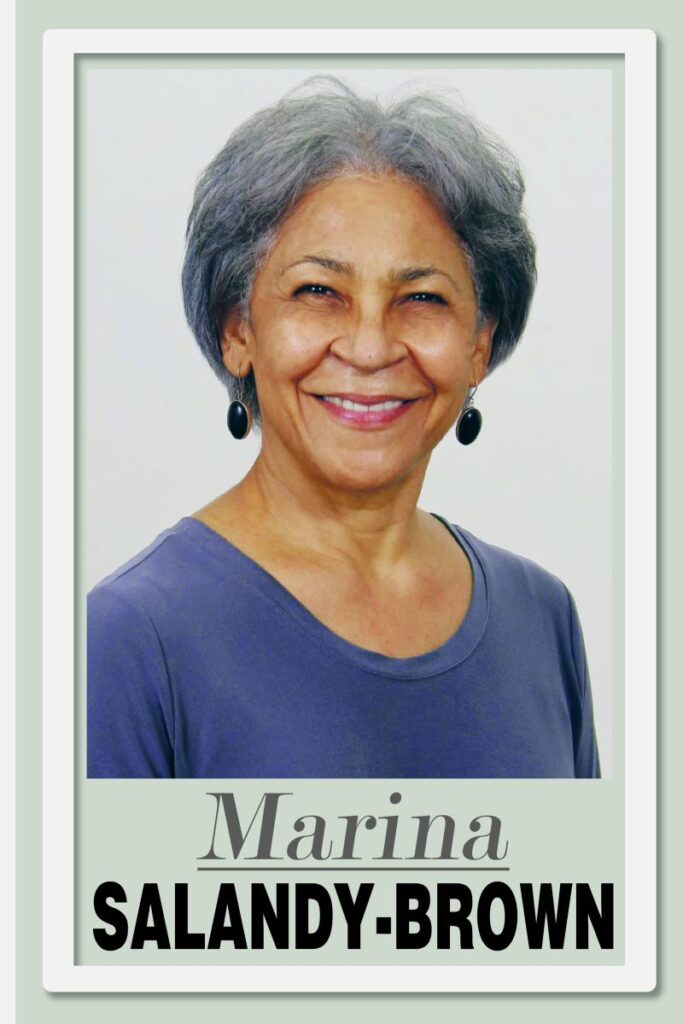The language of music at NAPA

The National Philharmonic Orchestra (NPO) of TT pulled off a cultural coup last Wednesday when it very nearly packed out the 1,200 seat NAPA for a concert of purely classical music. It must have been a surprise not only to the orchestra, since it was unprecedented, but also to the hosts of the most enjoyable concert, the French and German ambassadors to TT, Didier Chabert and Ute König, and to the Ministry of Tourism, Culture and the Arts which funds the NPO, too.
We all looked on in happy disbelief as the public poured into even the top tiers of NAPA and included all sections and ages of TT society. It must be the culminating effect of the NPO’s proactive outreach programmes going back to 2014 and the recent social media drive of orchestra members that made the difference, since, according to concertmaster Simon Browne, the concert date was confirmed only three weeks before. He believes the recent open rehearsals at NAPA – one every three months, which the Ministry advertises and which attract around 200 people, may be a contributing factor. It was not the first free concert hosted at that venue but this time no tickets were necessary, and that might have swung it. The good news is that it tells those who believe our culture is only carnival and soca that the people have an appetite for plurality in cultural expression and they can appreciate music that feeds their souls as much as music that makes them want to and wine and get on bad.
The NPO, founded in 2014, seeks to perform local and international music at the highest level and play a part in the development of our creative sector through encouraging an appreciation and awareness of classical and symphonic music. Currently, about 40 musicians – nearly all are past UTT students – comprise the orchestra (strings, woodwinds, brass, percussion and steelpan) which is under the stewardship of music director/conductor/composer Dr Roger Henry whose compositions are 20th century in style but incorporate Caribbean and TT musical themes, so that local audiences immediately recognise a rhythm and melody that appeals. His success was evident last week when the NAPA audience roared for Henry’s composition “Alone Together” which he composed during the pandemic lockdown and is emotionally charged and could easily be the score for a cinematic feature drama.
Under the leadership of violinist Simon Browne, the orchestra was on stage for a very long (for them, though not the audience) two hours or so, with no interval, with the strings playing throughout the perfectly balanced programme of six pieces by French, German and Caribbean composers. The opening Ouverture L’Amant Anonyme was by none other than the dubiously named “Black Mozart,” Chevalier de St Georges of Guadeloupe, the exceptional and renowned-in-his-day 18th century violinist and composer who is believed to have influenced Mozart’s own violin string compositions. A Nocturne by Werner Jaegerhuber of part Haitian-German origin, the romantic Meditation by Jules Massenet, and Symphony #4 Italian by Mendelssohn who Dr Henry believes deserves something of a revival.
The occasion was the celebration of 60 years of friendly Franco-German relations in the wake of ferocious wars in the 1900s between France and Germany, two of them becoming world wars. The Elysée Treaty was famously signed in 1963 by General de Gaulle and German Chancellor Konrad Adenauer. DeGaulle did not support a fully integrated Europe but he understood the need for close ties with Germany and the importance of making friends of former enemies. As Ambassador König underlined in her frank welcome speech at NAPA, “No other two states in Europe maintain such close contacts in all areas...Our diamond jubilee will show to you, our friends, the determination of our two countries to continue to assume their joint responsibility for a geopolitical Europe that is more sovereign and able to assert itself in a global context marked by a multitude of crises. This does not exclude differences of opinion – they exist in all couples.”
The timing of the concert was fortuitous and her speech poignant. The two diplomatic missions started discussing a celebratory concert some time ago but the actual date coincided with the possibly game-changing official news that Germany had decided to send German-made Leopard tanks to Ukraine, thereby enabling a broad coalition of countries sending heavy armour to the frontlines. German Chancellor Olaf Scholz seemed to be resisting the definite change in policy. Ukrainian President Volodymyr Zelensky’s persistent entreaties had its keen backers who were becoming exasperated and much speculation arose about the strain German reluctance was putting on the fundamentally important relationship between France and Germany. It turns out, according to commentators, that Chancellor Scholz was hatching a clever and successful plan to, first, draw in allies, such as the USA and Britain who also are now sending their less desirable tanks to Ukraine, so that he could better sell the move to the German people and prevent it appearing that Germany was going it alone. In the end, Poland, Finland, Norway, the Netherlands and Spain are also likely to send their Leopard tanks.
Germany has been in pacific mode since the end of the Cold War and this massive change in policy must require the state to gear up its war arsenal, with all that entails financially and otherwise for Europe’s richest economy. These are major shifts at the heart of Europe and the long-term effects are not yet apparent, but we can no longer pretend Russia is not at war with the West. It is troubling to everyone who recognises that peace in Europe is no longer a given and we are living through a critical time in world history.
Ambassador König spoke of the international language or music; if only it could transcend division as well as help us celebrate friendship and feed our inner selves. If only the deaf could hear the harmonies.

Comments
"The language of music at NAPA"